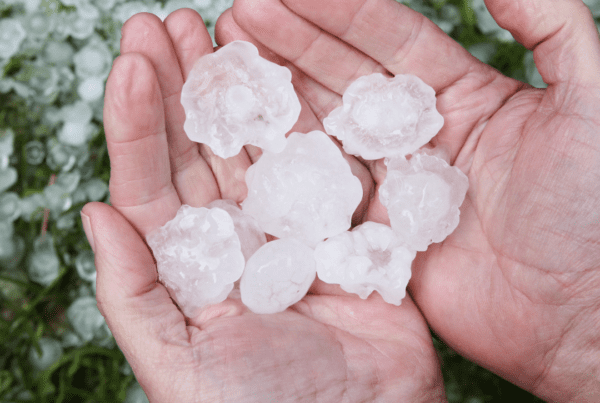Vacant commercial buildings have significant exposure to losses, even if the vacancy is temporary. Address these small issues now to reduce the chance of serious damage and costly repairs later―and to ensure an easier reopening.
1. Secure your property.
Make the property appear occupied to reduce the risks of vandalism, arson, and squatters. Place indoor and outdoor lights on timers. Lock/secure all personnel and commercial doors, windows, and any other potential entry points. Keep shrubs low to the ground and away from the building’s walls to prevent hiding places for thieves.
2. Maintain landscaping.
Contact your lawncare service provider to verify whether they will be on the property routinely. Have them maintain lawns, trim shrubbery and trees, remove leaves or snow, and clear driveways and walkways. They should also periodically remove loose branches, which could dislodge and become projectiles during severe weather, and dead vegetation, which could become an ignition source.
3. Notify essential service providers/partners.
Contact your fire and security alarm monitoring companies, your local police department, and your insurance company with details of your temporary closure.
4. Adjust the thermostat.
In an unoccupied building, maintain a minimum interior temperature to reduce the possibility of loss.
- In colder climates, adjust the temperature to a minimum of 55°F and insulate pipes that enter through exterior walls to help prevent pipes from freezing and possibly rupturing.
- In warmer climates, adjust the air conditioning to approximately 85°F to protect against humidity and potential mold growth.
5. Inspect domestic plumbing (water piping that supplies water to the water heater and to all fixtures within a building).
Inspect for leaks and turn off the water supply line to individual fixtures such as sinks and toilets. Consider having your maintenance staff or a licensed plumber install an electronic leak detection system or sensors to alert you of water leaks and more.
Courtesy of Columbia Insurance Group







